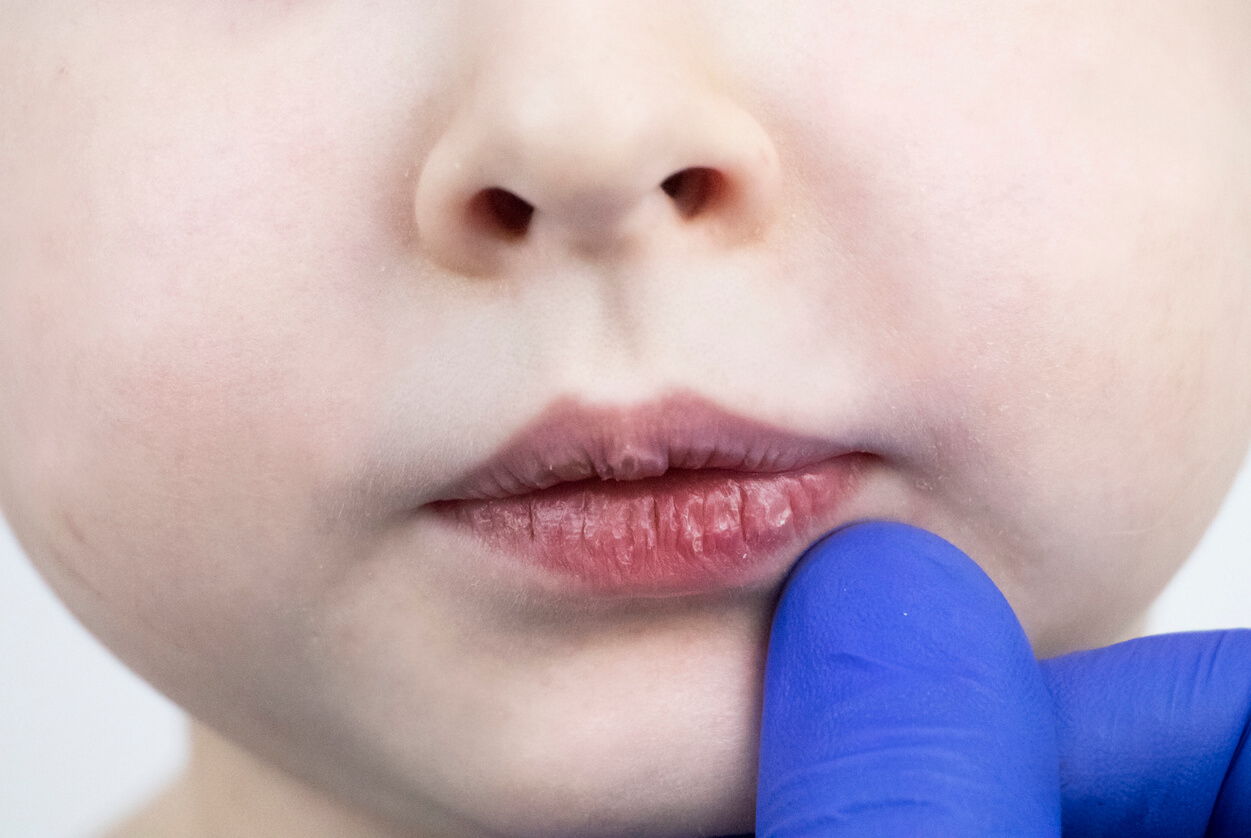Dehydration can develop quickly in children, especially when they are sick, active in hot weather, or not consuming enough fluids. Young children and infants are particularly vulnerable because their bodies have a higher water content and lose fluids faster than adults. Recognizing dehydration symptoms in kids early and knowing when to seek medical attention ensures they receive the care they need to recover safely.
Common Signs of Childhood Dehydration
A child’s body relies on proper hydration to regulate temperature, support organ function, and maintain energy levels. When fluids are lost faster than they are replaced, dehydration occurs. Early symptoms include dry lips, decreased urination, irritability, and fatigue. Some children may also experience dizziness, headaches, or increased thirst.
More serious signs require immediate attention. If a child has not urinated in several hours, produces dark-colored urine, or appears unusually sleepy or weak, dehydration may be progressing. Severe cases can lead to sunken eyes, dry skin, rapid breathing, or a lack of tears when crying. Infants may show additional signs such as a sunken soft spot on the head or difficulty feeding.
Causes of Dehydration and How to Prevent It
Children can become dehydrated for several reasons, including fever, vomiting, diarrhea, or excessive sweating from physical activity. Common illnesses such as stomach viruses or respiratory infections often lead to fluid loss, making hydration especially important when a child is unwell.
Preventing dehydration starts with encouraging regular fluid intake throughout the day. Water, electrolyte solutions, and clear broths help maintain hydration, particularly when a child is sick. Offering small amounts of fluid frequently is more effective than large amounts at once, especially if nausea or vomiting is present. Limiting sugary drinks and caffeinated beverages is also important, as they can contribute to further dehydration.
When to Seek Urgent Care for Dehydration
Mild dehydration can often be managed at home with increased fluids and rest, but some cases require medical attention. If a child is unable to keep fluids down, has persistent diarrhea, or is experiencing symptoms of moderate to severe dehydration, urgent care may be needed. Lethargy, confusion, or a rapid heart rate are also warning signs that dehydration is becoming serious.
Medical intervention may include oral rehydration therapy or intravenous (IV) fluids to restore hydration levels quickly. IV treatment is often necessary when a child is too weak to drink fluids or is losing fluids faster than they can be replaced. Seeking professional care at the right time prevents complications and helps a child recover more comfortably.
Supporting a Child’s Recovery After Dehydration
Once a child begins receiving fluids, their energy levels should improve, and symptoms should start to subside. Continuing to offer fluids in small amounts throughout the day helps maintain hydration and prevent recurrence. A gradual return to a normal diet, starting with bland foods, can ease digestion and promote further recovery.
Rest and monitoring remain important even after symptoms improve. Parents should watch for any returning signs of dehydration and consult a healthcare provider if concerns persist. Ensuring that a child stays hydrated, especially after illness, supports overall health and reduces the risk of future dehydration episodes.
Trusted Pediatric Urgent Care for Dehydration Treatment
Dehydration can escalate quickly, making prompt medical care essential when symptoms become concerning. Access to experienced pediatric providers ensures that children receive the right treatment for rehydration and recovery in a safe and supportive environment.
KidzNow Urgent Care provides expert medical attention for childhood dehydration, offering immediate treatment to restore fluid balance and improve comfort. With board-certified pediatricians and a compassionate medical team, families receive the highest level of care for non-life-threatening illnesses and urgent health concerns. When dehydration symptoms require medical evaluation, professional care is available to help children recover safely and quickly.
